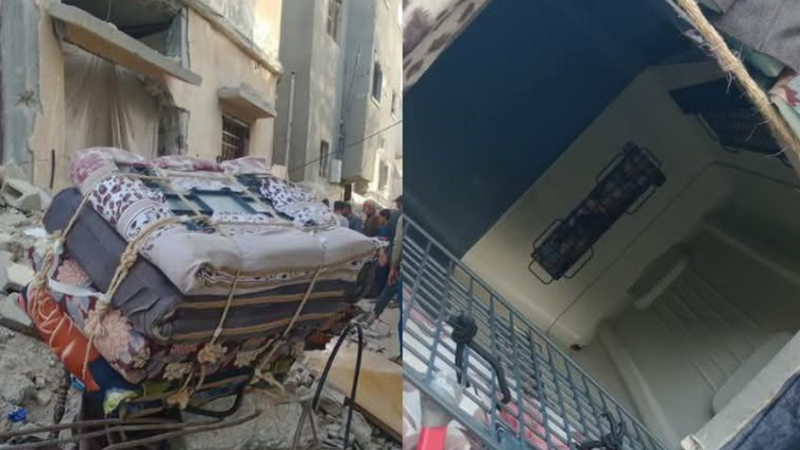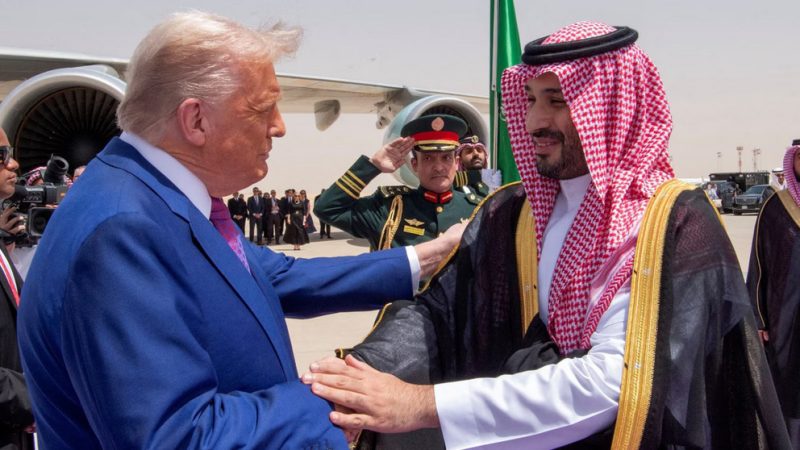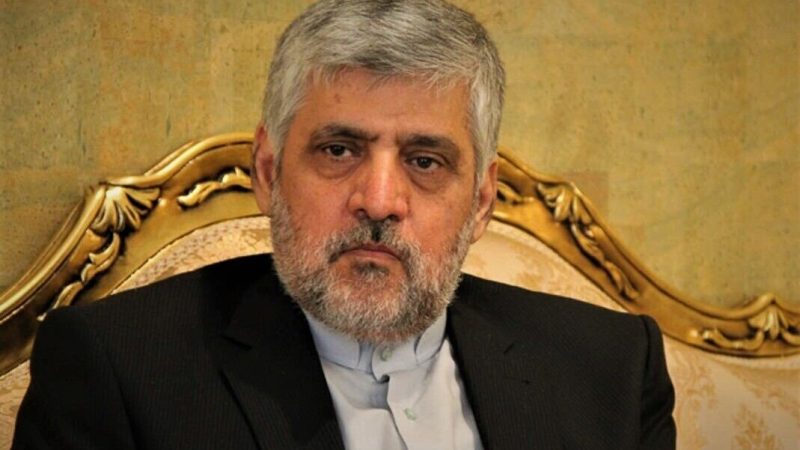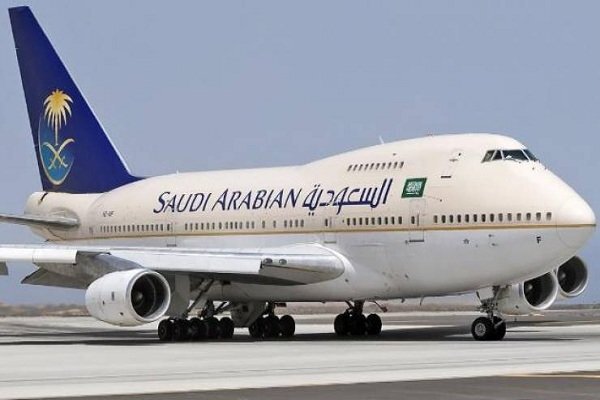Iraqi FM urges stability, inclusivity in Syria as country in tatters by foreign interventions
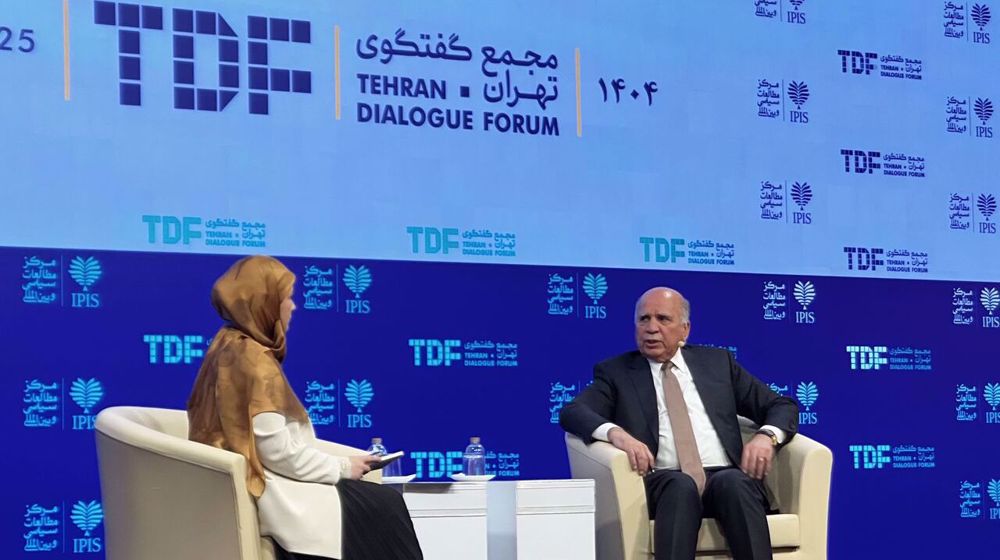
Iraqi Foreign Minister Fuad Hussein has emphasized the critical need for stability, security and an inclusive political process in Syria following the downfall of Bashar al-Assad’s government, stating that all groups and factions must be involved in shaping the Arab nation’s future.
He made the remarks on the sidelines of Tehran Dialogue Forum in the Iranian capital on Monday.
“We need stability, security and an inclusive political process in Syria. When we talk about an inclusive political process, we mean the presence of representatives of all groups and components of society in the process, as the ultimate goal is stability in Syria,” Hussein noted.
The top Iraqi diplomat underlined that restoration of stability in Syria is impossible without an inclusive political process, because such a process can protect Syrian society and prevent foreign interventions.
“There exist numerous problems as regards the Syrian issue. Currently, different military forces are stationed across Syria: the US army and Palestinian forces are deployed in the northeast, Turkish troops are active in the north, Russian bases are in the coastal areas, and Israeli forces are operating in Sweida and Quneitra provinces.
“An inclusive political process can protect Syrian society and prevent foreign interventions. These foreign interventions occur as a result of social divisions,” he said.
Hussein stressed the need for a transparent process, stating that Iraqi groups “have begun to solve their internal problems through democracy, federalism and decentralization. We hope that the Syrian people will also achieve a democratic system and elect their leaders through a democratic process, not through appointments. The democratic process is the promising solution for the Syrian nation.”
The Iraqi foreign minister further noted any progress or change in Syria is an internal matter, emphasizing that Iraq’s stability will significantly affect the status quo in Syria.
The security situation in Syria under the HTS – an offshoot of the al-Qaeda terrorist group – remains tenuous. Incidents of sectarian violence, including the massacre of hundreds of Alawites in March, have hardened fears among minority groups about the now dominant militants.
Since Assad’s government collapsed in December, Syria has also been plagued by a widespread Israeli occupation across large swathes of the country’s south. It has also been hit by hundreds of Israeli airstrikes, mainly targeting military infrastructure that belonged to the former Syrian army.
Earlier this month, Israeli minister of military affairs Israel Katz said that the Tel Aviv regime is planning to keep its occupation forces in southern Lebanon and Syria “indefinitely.”
Lebanon’s al-Mayadeen TV, citing local sources, said on May 1 that the Israeli army is establishing two new outposts in the countryside of Damascus, facing the Hasbaya district of southern Lebanon.
The intensified Israeli aggression against Syria continues despite HTS leader Abu Mohammad al-Jolani’s repeated overtures to the occupying regime.

